The Philippines New Maritime Laws: A Strategic Shift Amid Regional Tensions
Regional tensions escalate over the Philippines maritime boundary legislation
MARITIME UPDATES
11/23/20243 min read
A Calculated Risk
By codifying its maritime zones and regulating archipelagic sea lanes, the Philippines is not just staking a legal claim—it is reinforcing its position in a rapidly changing geopolitical landscape. These laws send a clear message: Manila is no longer content to rely solely on international rulings and diplomatic protests; it is taking proactive steps to protect its interests.
However, this approach carries risks. The response from China and Malaysia highlights the potential for further escalation. How the Philippines navigates these tensions in the coming months will determine whether these laws serve as a stabilizing force or a flashpoint in an already volatile region.
The Philippines has made a bold move to assert its maritime sovereignty by passing two critical laws: The Philippine Maritime Zones Act and the Philippine Archipelagic Sea Lanes Act. These legislative changes are not just about drawing lines on maps; they represent a strategic assertion of the country’s rights in a region characterized by intense geopolitical disputes.
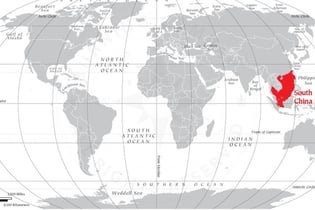

Key Features of the Laws
The Maritime Zones Act formally delineates the Philippines' maritime boundaries, covering its territorial sea, exclusive economic zone (EEZ), contiguous zone, and continental shelf. This codification is grounded in the United Nations Convention on the Law of the Sea (UNCLOS), which serves as the framework for resolving maritime disputes. Meanwhile, the Archipelagic Sea Lanes Act establishes regulated pathways for the transit of foreign ships and aircraft, enhancing control over navigation through the archipelago while ensuring adherence to international norms.
Together, these laws demonstrate a calculated effort to reinforce the Philippines’ sovereignty, particularly in contested areas of the South China Sea


China’s Reaction: Predictable Opposition
Unsurprisingly, China has voiced strong opposition to these laws, citing overlaps with its so-called "historic rights" within the nine-dash line—a claim invalidated by the 2016 arbitration ruling under UNCLOS. Beijing argues that these laws encroach on Chinese territorial sovereignty and has called on the Philippines to avoid unilateral actions that could "complicate" the situation.
However, the Philippines’ decision to codify its claims is likely a response to China's continued militarization and encroachment in the region. For Manila, this is as much a legal manoeuvre as it is a signal to its regional neighbours and international allies.
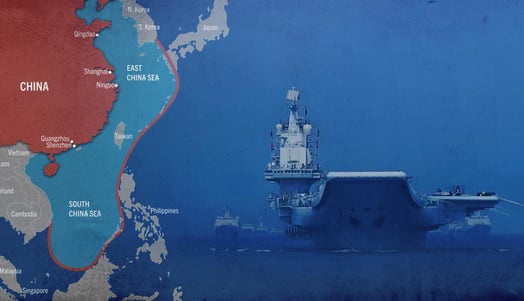

Malaysia’s Protests: A Familiar Standoff
Beyond China, Malaysia has also expressed concerns, particularly over references in Philippine laws that reiterate claims to Sabah a region Malaysia considers integral to its sovereignty. This is not a new flashpoint, but the legislative emphasis on Sabah revives a long-standing dispute between the two nations. Malaysia’s diplomatic protest underscores the complexity of overlapping territorial claims in Southeast Asia, where history and geography often collide.
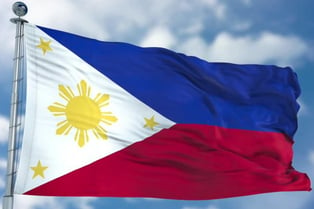

Implications for Regional Stability
These laws come at a time when the South China Sea remains one of the world's most contentious maritime regions. The Philippine’s move to clearly define its zones and regulate sea lanes may embolden other claimants to formalize their own maritime boundaries. It could also serve as a litmus test for how far international law can go in addressing disputes involving powerful actors like China.
While Manila’s actions are legally sound under UNCLOS, the enforcement of these laws presents challenges. The South China Sea sees significant economic and military activity, and any perceived restriction on navigation could draw further criticism or even provoke conflict.
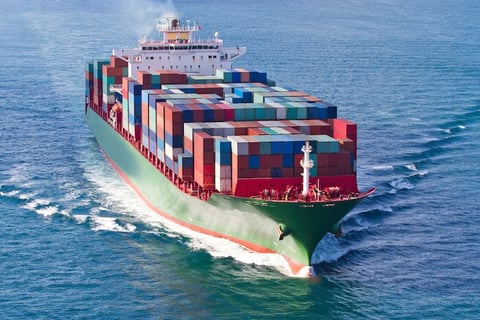

Geopolitical Backing
The United States has reaffirmed its support for the Philippines, citing the 2016 arbitral ruling as the basis for rejecting China's sweeping claims. With its Mutual Defense Treaty obligations, the U.S. has signaled that it views these developments as part of a broader strategy to uphold a rules-based order in the Indo-Pacific.
For Manila, this external support is crucial. The Philippines' maritime capabilities are limited compared to China's, and regional alliances provide the necessary diplomatic and military backing.
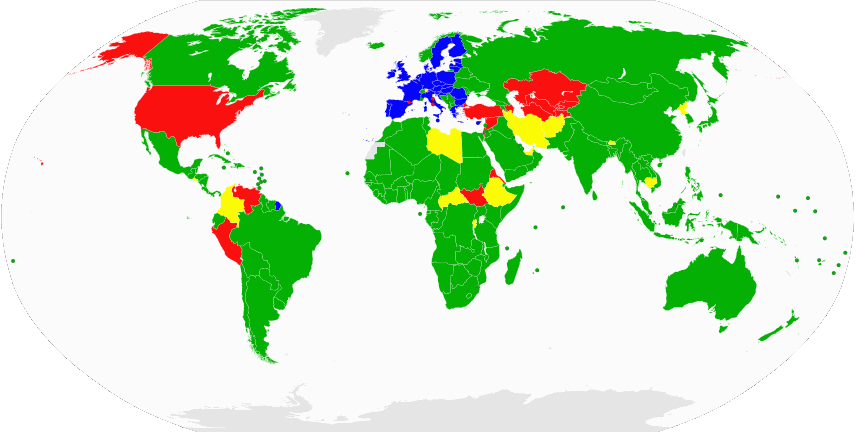

Seamark Associates
Lawyers for Shipping & Trade
© 2025. All rights reserved.
Mumbai : Onlooker Building, Sir PM Street, Fort, Mumbai, 400001
Regd Office : 7 Bell Yard, London, WC2A 2JR
LONDON INDIA (भारत)
Email: legal@seamarkassociates.com
Phone: 9004303004
Contact